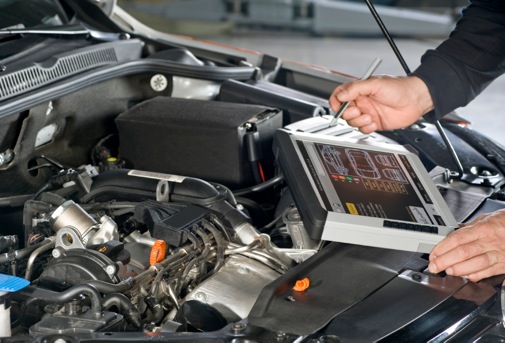The average franchised dealer could be missing out on £79,124 worth of service and parts sales each year due to 57% of identified work being unconverted and unsold.
New research into electronic vehicle health checks (EVHC) by training and consultancy company BTC shows that the average dealer misses out on £35.45 per job.
The research is based on a sample of 1,000 dealerships.
Over 1,120,114 vehicle health checks were completed in January-June 2013 with a total of £100,205,812 worth of red items such as illegal tyres or worn brakes identified.
Almost one in three dealerships are not converting identified work and, with the average dealer completing 186 eVHCs per month, each department could be missing out on red items worth £79,124 per year.
Guy Allman, chief executive officer at BTC, said: “Dealerships are letting too many sales slip away.
“Our latest research raises a number of questions. How can we increase the number of vehicle health checks being completed? How can we increase the amount of work identified, and how can we improve the conversion of red and amber work which combined is just 43%?”
Allman believes dealerships should incentivise technicians to achieve a 95% completion rate. He said advisors can struggle to sell red items because they have insufficient product knowledge, so investing in training could help.
According to the EVHC report, £89,702,200 of amber work was also identified per vehicle, yet 17% was converted.
BTC believes that although medium term work is not as pressing as red – as customers are more likely to wait – dealerships could be doing more to complete sales by following up by telephone, email and SMS. Otherwise, they will face the risk of losing out on work to competitors.
Allman said: “Amber items should not be ignored as a sales opportunity. Identifying items with impending repair work to the customer is the most effective way to open up a channel of communication and build a relationship over time.
“This way, they will understand the value of having the work done at the time of the health check or that they are more likely to return when the repair work becomes urgent.”















Login to comment
Comments
No comments have been made yet.